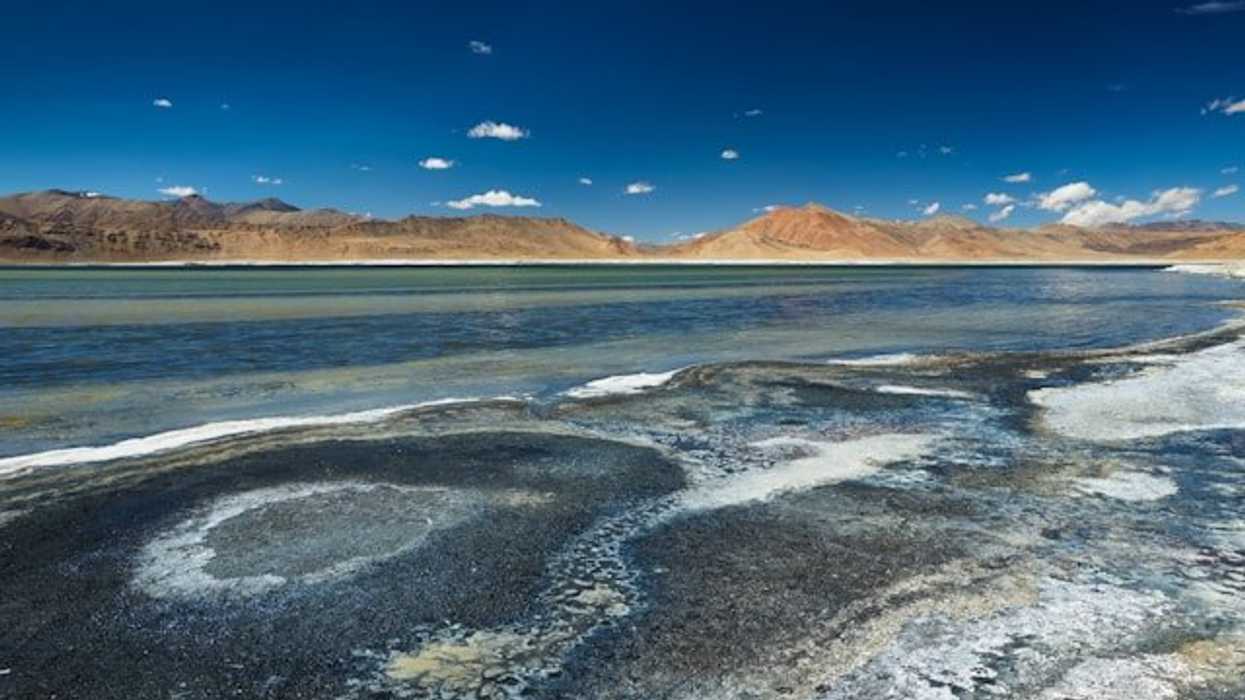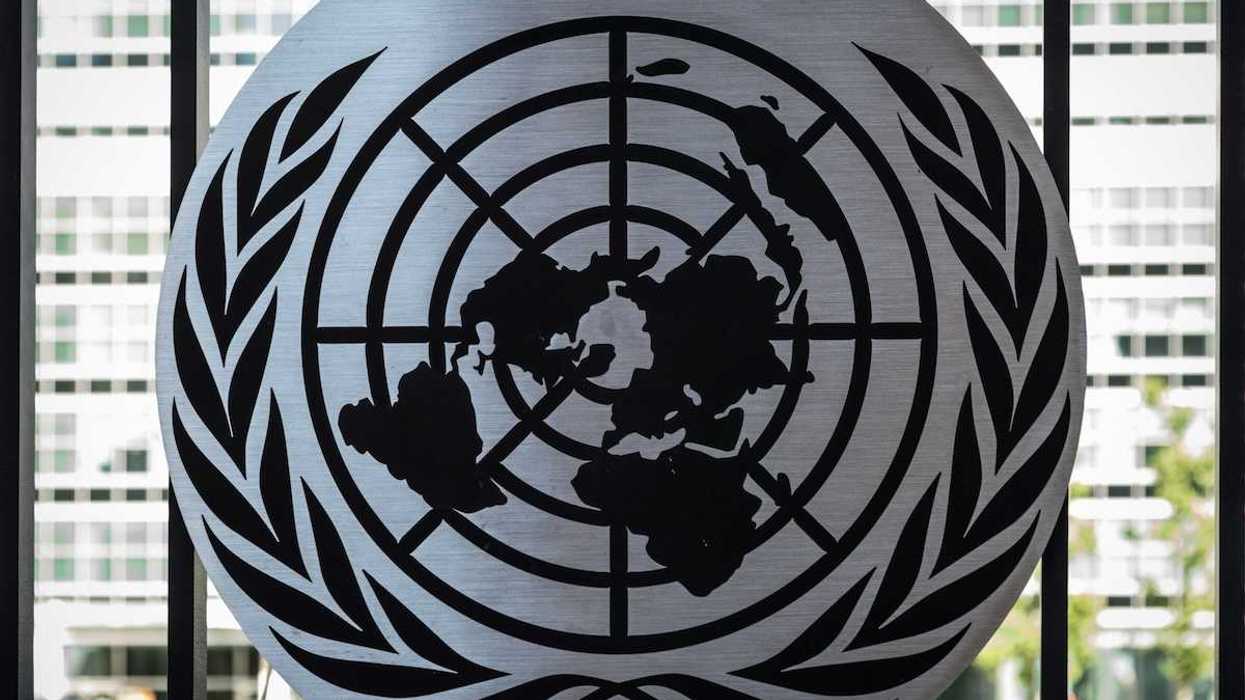A new report from environmental advocacy group PennEnvironment found five industrial facilities in Western Pennsylvania violated their federal water permits a total of 153 times in a 21-month period.
All violations came from four corporations: Eastman Chemical Resins, Hussey Copper, Hatfields Ferry Power Station, and Max Environmental Technologies, Inc. (Max Environmental Technologies had two facilities on the list.)
The report found Pennsylvania had the second highest number of Clean Water Act infractions in the nation—633, which was second only to Texas, which had 938.
The group looked at federal data from January 1, 2016, through September 30, 2017.
"Decades after the Clean Water Act was signed into law, nearly 20,000 miles of rivers and streams in Pennsylvania are still considered unsafe for fishing and swimming," Stephanie Wein, the Clean Water Advocate at PennEnvironment Research and Policy Center, said in a statement.
"And instead of ratcheting pollution down to zero, facilities are still dumping chemicals and other pollutants into our waters beyond the legal limits set to protect health and the environment."
Violations are documented when facilities release toxic substances into publicly-owned waterways at greater levels than permitted by the U.S. Environmental Protection Agency. The violations reported in Western Pennsylvania included substances like aluminum, oil and grease, nickel, copper, xylene, cadmium and ammonia nitrogen.
The Western Pennsylvania facilities included in the report discharge into the Monongahela River in Allegheny County, Sewickley Creek in Westmorland County, and Racoon Creek in Washington County.
Eastman Chemical Resins, Inc., located upriver from Pittsburgh along the Monongahela River in Allegheny County, exceeded its permitted pollution limits 72 times in 21 months. On 10 of those occasions, they poured more than 500 percent of their permitted limits for zinc, aluminum, nitrites, styrene, and xylene into the Monongahela River.
During the same time period, Hussey Copper in Allegheny County had 20 violations, and Hatfields Ferry Power Station in Fayette County had 21 violations. Max Environmental Technologies' Yukon Facility in Westmoreland County had 23 violations, while the same company's Washington County location violated their permit 17 times.
The report also notes that most of these violations go unpunished: Less than half of the facilities that were non-compliant across the U.S. from 2011 to 2017 faced any EPA or state enforcement action. "Even when fines are issued," the report notes, "they are often too low to deter polluters. In 2017, the median fine issued by the EPA was lower than it had been in any year since 2011."
Across the U.S. the report found industrial facilities released pollution exceeding levels permitted under the Clean Water Act more than 8,148 times.
This is only gearing up to get worse: In fiscal year 2019, the Trump administration plans to cut the EPA's budget for civil enforcement of environmental protection programs, including the Clean Water Act, by $30.4 million. The proposed budget for state grants to improve the permitting process and enforcement of the Clean Water Act is is lower than it's been in at least the previous seven years.
"As the Trump Administration moves to weaken our clean water protections and has proposed slashing U.S. Environmental Protection Agency funding for enforcement, local leaders must stand up and say no," said Pittsburgh City Councilwoman-elect Erika Strassburger in a statement.
"We must use our platforms to speak out and ensure that our rivers are safe and clean now, and for generations to come."
















